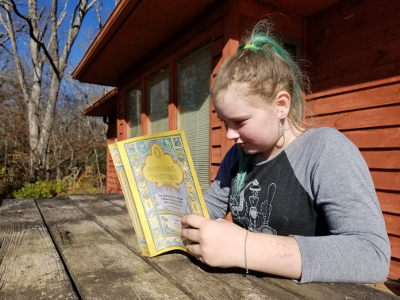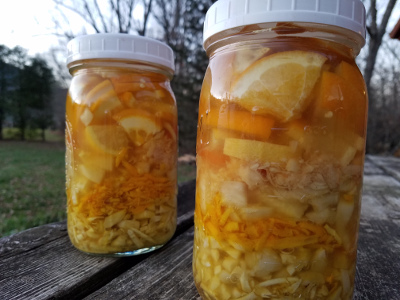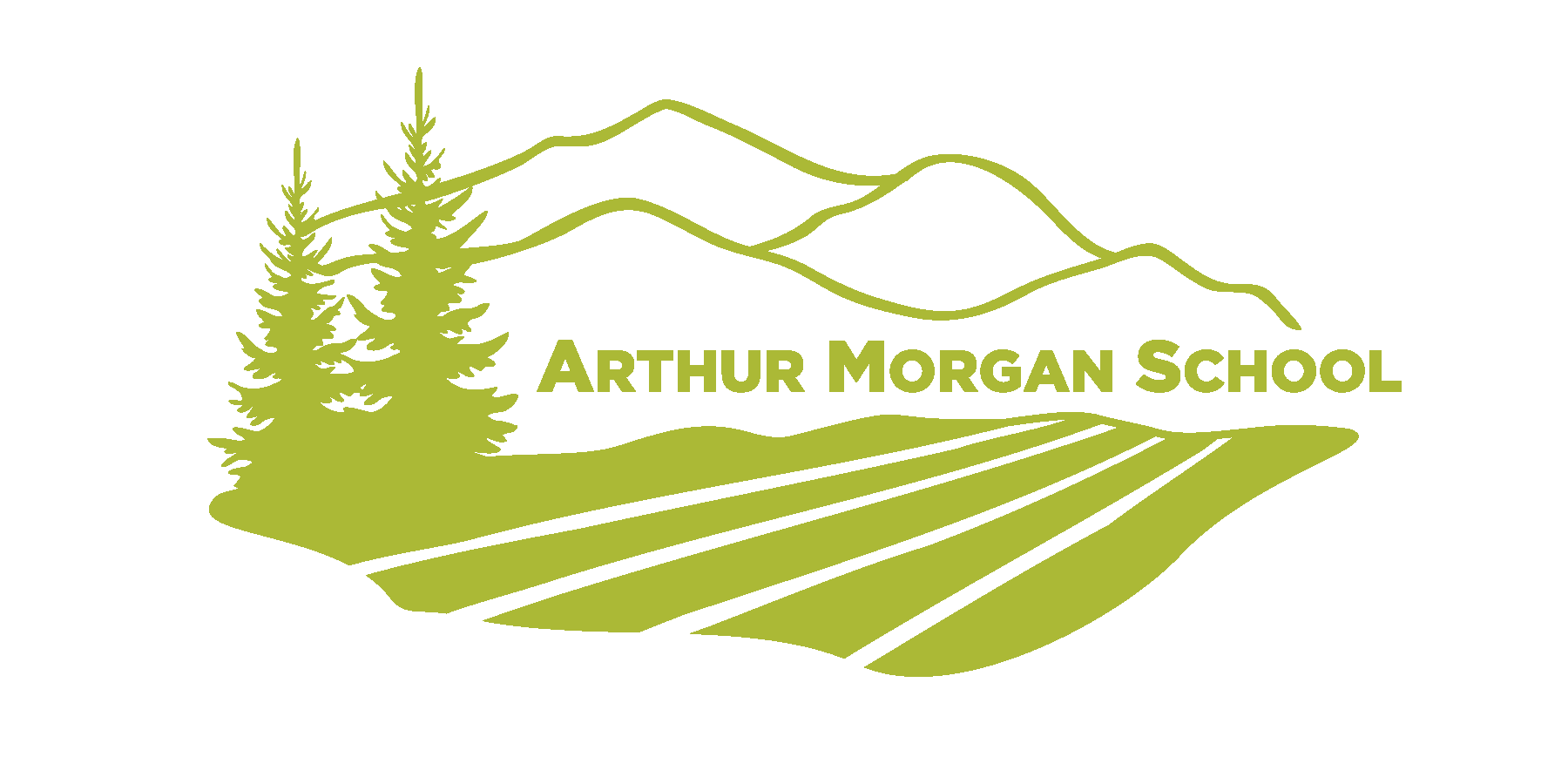How to Use Your School Garden Effectively throughout the Winter

A recent trend in schools is to turn part of their campus into a garden and use it as a teaching tool. Whether its a sensory garden, vegetable garden, or livestock program, integrating farm work into their classrooms provides teachers with a plethora of experiential learning opportunities. In the spring, students can use seeds and germination to talk about reproduction. They may study beneficial insects to learn about symbiosis and ecosystems. In the fall, the harvest can generate lessons about the Agriculture Revolution and its affect on civilization. Livestock that are harvested offer opportunities for biology lessons and dissections.
Using Your Garden During the Dormant Season
 But what about the winter? If teachers need to justify a garden to their school administrators, then having an entire season in which the garden might be dormant offers a real dilemma. One option for teachers is to use the garden to teach a small course on immunology. Crops like turmeric and ginger are late harvesters and fantastic preventives toward illness. Bones from harvested livestock can be turned into health inducing broth. At a time when students are getting sick, a garden creates the perfect opportunity for helping student improve their immune systems while also teaching some fun biology lessons.
But what about the winter? If teachers need to justify a garden to their school administrators, then having an entire season in which the garden might be dormant offers a real dilemma. One option for teachers is to use the garden to teach a small course on immunology. Crops like turmeric and ginger are late harvesters and fantastic preventives toward illness. Bones from harvested livestock can be turned into health inducing broth. At a time when students are getting sick, a garden creates the perfect opportunity for helping student improve their immune systems while also teaching some fun biology lessons.
At Arthur Morgan School, interested students participate in a hands on immunology course during the school’s three week December Unit. Using the bones from the turkeys they harvested for Thanksgiving and ginger, turmeric, and habaneros harvested from the garden a couple weeks earlier, the class creates bone broth and fire cider to hand out to the rest of the community. Simultaneously, the students read about the human immune system to gain a better understanding of how their bodies fight off disease. The students learn how their immune systems prevent and cure illnesses while also learning techniques to effectively nourish their bodies.
Getting Real Results
 Students who have taken the course found it fascinating. Rey, a ninth grader, says, “I loved being part of the whole process. It gave me an appreciation for all the ways you can use animals more effectively. I also liked how involved I got to be in making the fire cider. It was a lot of fun and I learned a lot.”
Students who have taken the course found it fascinating. Rey, a ninth grader, says, “I loved being part of the whole process. It gave me an appreciation for all the ways you can use animals more effectively. I also liked how involved I got to be in making the fire cider. It was a lot of fun and I learned a lot.”
For teachers needing to justify their garden programs, a course in immunology makes the perfect tool to demonstrate its usefulness. Sickness is something all students experience and can relate to, so the class is accessible to any age group. Also, lessons can be used for multiple grade levels based on how in depth a teacher wants to go about the immune system.
Gardens are a great teaching tool. Using them to their maximum effectiveness will help keep them in our classrooms for year to come.
-by Nicholas Maldonado
AMS’s internships offer lots of opportunities for experiential learning!
Learn More
